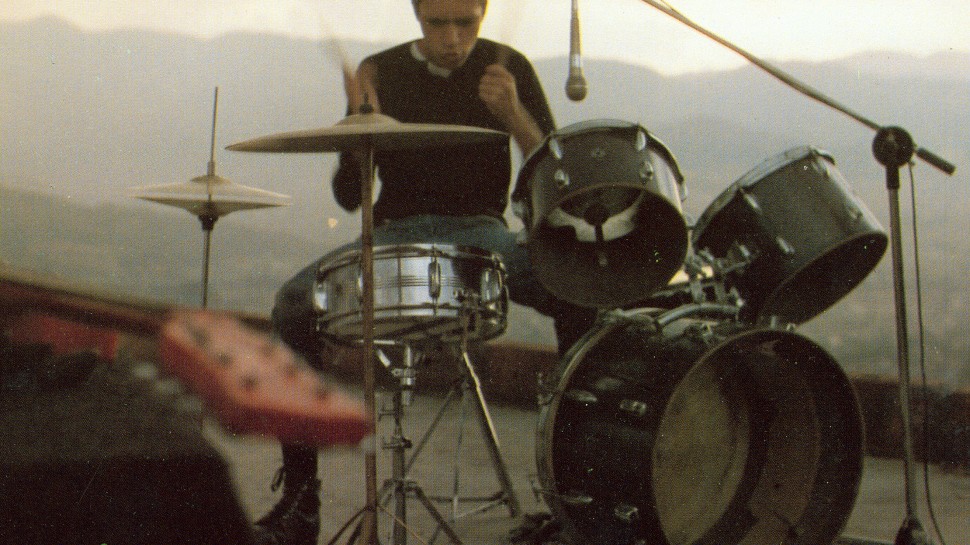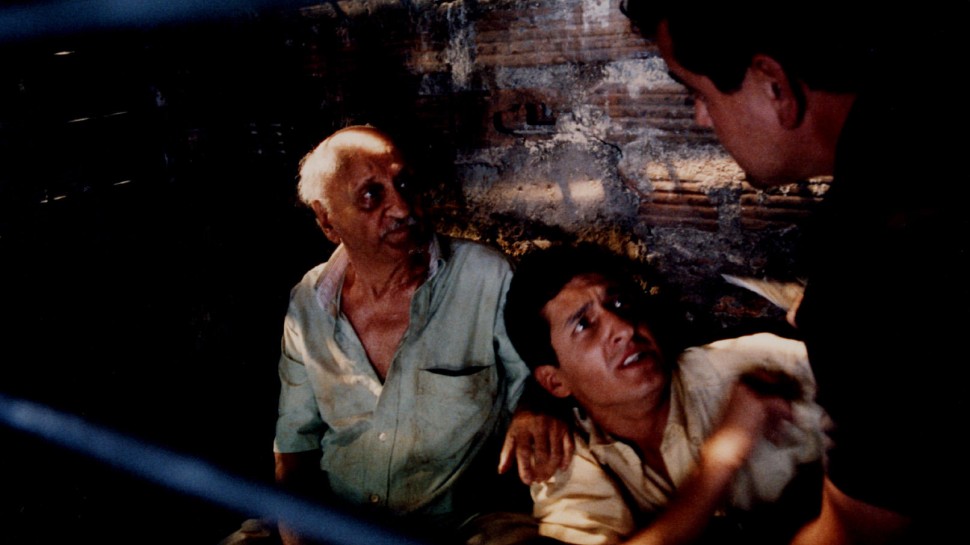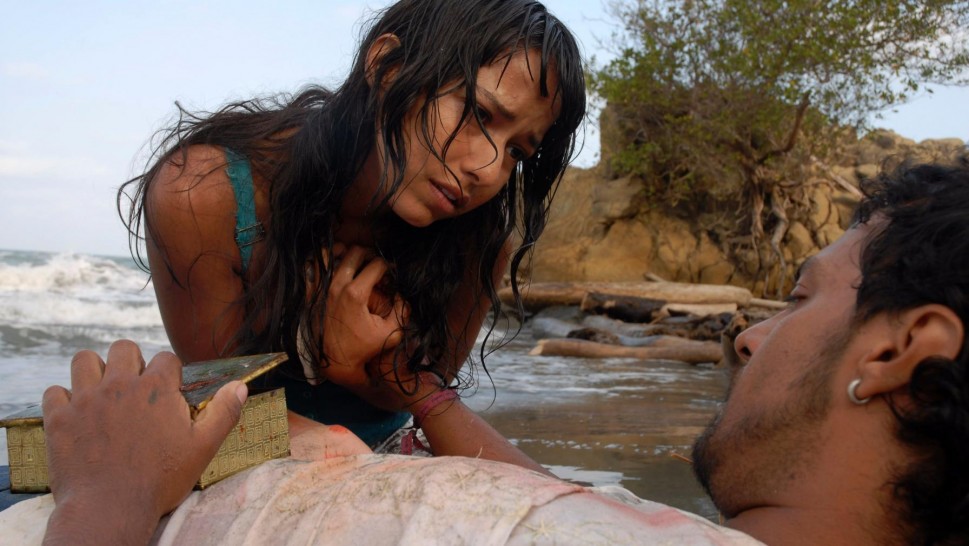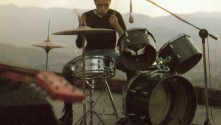


The Poetic Realism and Casual Expressionism of Victor Gaviria
Poet and Filmmaker Victor Manuel Gaviria (b. 1955) received international acclaim with his feature debut, Rodrigo D: No Future (1990), the first Colombian film to screen in competition at the Cannes Festival. Gaviria’s career began during the era of drug lord Pablo Escobar and a terrifying escalation of the violence that plagued the director’s native city, Medellin, which is the setting for all of his films. As Medellin became known as one of the world’s most notoriously violent cities, Gaviria intervened with a series of extraordinary films that reveal the human dimensions of the spiraling violence fueled both by the drug trade and by glaring economic inequity.
Gaviria’s filmmaking draws its strength from its skilled combination of neorealist drama – gritty urban settings, an attention to the powerless and downtrodden, a cast of nonprofessional actors – and more extravagant modes of fiction – the crime thriller, the fairy tale, the gangster film. His eclectic visual style similarly alternates between elaborate long takes with complicated camera choreography, intimate handheld sequences and an understated use of close-ups and the more classical grammar of the shot/reverse shot. This ability to blend registers and styles lends Gaviria’s work a complexity often lacking in the Colombian films of previous decades that had sought to address the country’s poverty and ended up seeming to exploit it, earning them the label “pornomiseria,” or “poverty porn.” Some of the nonprofessionals in Gaviria’s films, pulled from the world they go on to depict, have gone on to successful careers while others have been claimed by the mean streets seen in his films.





